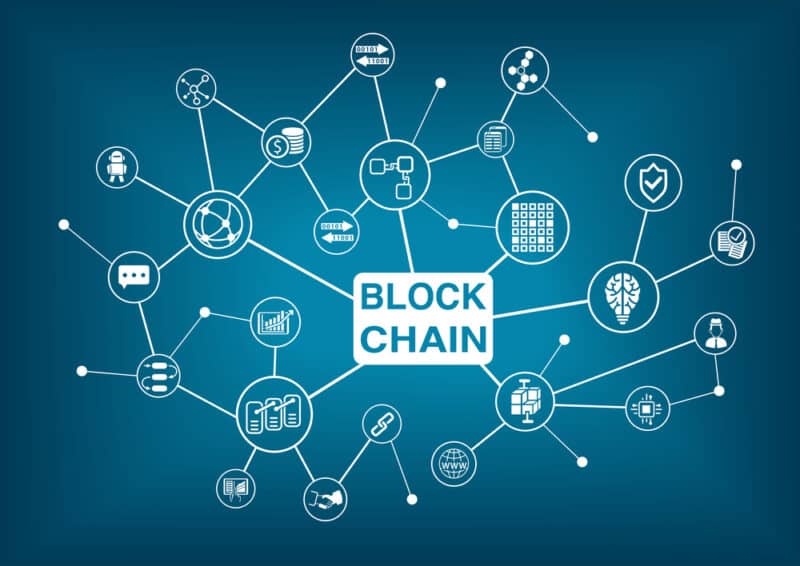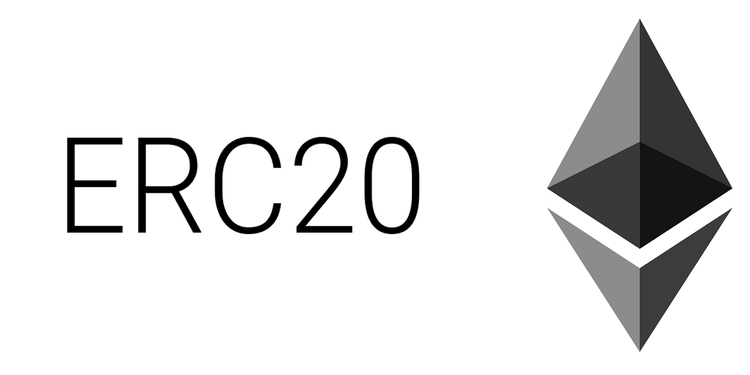Ethereum Stages Own Rally; Briefly Hits $4k Mark

Bitcoin may have captured the headlines recently due to its thrilling price surge, but another crypto, Ether, has been enjoying its own run.
Ethereum breaches the $4,o000 mark for the first time since December 2021, joining Bitcoin and other leading altcoins in bullish surge. However, Ethereum's rise was short-lived, with the price settling to $3,900, as traders secured gains. But for some observers, it's just a momentary blip, and this cryptocurrency's value will continue to appreciate in the next few months. Experts say that it can hit $6,500 in 2025, and move up to $20,500 by 2030. In the next few days, Ethereum will get a Dencun upgrade, which is highly anticipated and many are saying that will boost the coin's price.
Ethereum's roadmap looks promising, but what exactly is Ethereum, and how different it is from the other altcoins?
What is Ethereum?
Ethereum, released in 2015, is a blockchain which serves as the foundation for building applications and organizations, in a decentralized, censorship-free, and permissionless manner. Developers can also use the Ethereum blockchain to create other cryptocurrencies. Ethereum's permission-less blockchain which encourages participants to create and develop apps without oversight from a central authority is perhaps Ethereum's most significant feature.
In a way, Ethereum empowers its participants and fosters creativity and experimentation. Perhaps it's the reason why many experts and even a popular online broker calls Ethereum the most unique project in the crypto system.
Ethereum as the blockchain, Ether as its token
Ether is Ethereum's native currency, and trades using the ticker: ETH In short, the Ether is the crypto token that's derived from the Ethereum blockchain. Like Bitcoin, the Ether tokens are currently mined using high-end computers to solve mathematical problems. ETH is essential to the whole blockchain since it allows for a market for computation. It serves as the incentive for participants in the blockchain to verify and complete transaction requests. For example, a participant who broadcasts a request must offer ETH a sa compensation. The amount of ETH tokens depend on the resources required to complete the transaction.
According to its developers, ETH offer crypto-economic security in three ways. First, its used to reward validators who recommend blocks, or call out questionable activities. Second, these are staked by validators, serving as collateral against dishonest behavior. Third, these tokens are used to vote for new blocks, as part of the blockchain's consensus mechanism.
Popular use cases for Ethereum

Although Bitcoin's decentralized network is the pioneer and a ground-breaking innovation, Ethereum has managed to carved an important niche in this fast-growing industry. Ethereum's developers has expanded Bitcoin's use cases by creating a global computer network that links participants to a marketplace of decentralized applications, boasting security, efficiency, and better user control.
Thanks to its use of the smart contracts, this cryptocurrency now supports a variety of applications for different industries, including finance, advertising, supply chain management, and gaming.
Decentralized autonomous organizations or DAOs
Decentralized autonomous organizations or DAOs are an example of an early use the Ethereum blockchain. These are blockchain-based organizations that independently operate, outside the control of a central authority. Its rules are coded in software, and all administrative decisions are voted upon by community members and stakeholders.
Ethereum token launches
The Ethereum blockchain also popularized the initial coin offerings or ICOs. Think of the ICOs as your traditional Initial Public Offering or IPO in a stock market but this time, the product is token. These launches became popular between 2017 and 2018, and served as a form of crowdfunding to support the launch and development of Ethereum-based projects and apps. While most of these launches have become successful, a few turned out to be exit scams.
Non-fungible tokens
Non-fungible tokens have become popular too, on the Ethereum blockchain. NFTs are unique, indivisible and 'scarce' digital assets that are useful in art and gaming, and in ensuring the provenance of luxury items. The Ubisoft, the NBA, and LVMH are examples of global companies that adopted the NFTs. Like the ICOs, these NFTs have become popular, and the hype led to questionable business practices and exit scams.
Decentralized finance
Decentralized finance is one of the latest innovations on the Ethereum blockchain. These platforms are changing the way users access financial products and services. For example, you can now find peer-to-peer borrowing and lending which is safe, secure, and almost instantaneous.
There are plenty of industries that now rely on the Ethereum blockchain. Developers are using the platform to create tools and protocols that enhance trust, efficiency, and democratize users' access to these services. And we think that Ethereum's list of use cases will continue thanks to the constant updates and improvements made on the platform.
The latest, and perhaps the largest upgrade since Ethereum switched to the proof-of-stake is the Dencun. Developers say that Dencun will change how data is stored, making it more accessible, and even cheaper to record layer 2 transactions.
The road ahead for Ethereum
The Ethereum blockchain is about to undergo another major upgrade through Dencun. It's the most important upgrade on the blockchain, next to last year's decision of the developer to switch to a proof-of-stake for consensus.
At the heart of this upgrade is a technical improvement that aims to reduce the costs for layer 2 transactions. This innovation will make the transactions faster, where the blockchain can potentially process up to 100,000 transactions per second. The increase in processing capacity and cost reduction are expected to attract new users and developers to the platform. By extension, it's expected that an increased adoption would drive the demand for ETH, directly affecting its price. So, can we expect the Ethereum price to bounce back, re-touch the $4k level, or even test another high?
As always, market analysts and observers offer contrasting opinions. Some say that there will be a correction in the ETH price as we approach the upgrade. One group highlights the increase in short positions for ETH positions, indicating investor apprehension and expectations for a price drop.
For some observes, these are just short-term uncertainties. What is clear is that the Dencun upgrade is an important development for the Ethereum blockchain, perhaps second to last year's shift to proof-of-stake. And once it's fully implemented, the Ethereum blockchain is better than ever, with an even bigger user and developer base.




